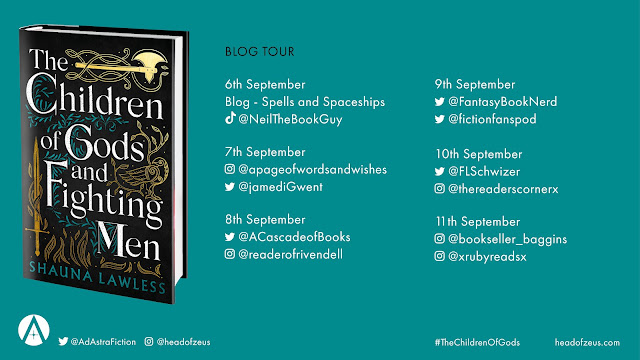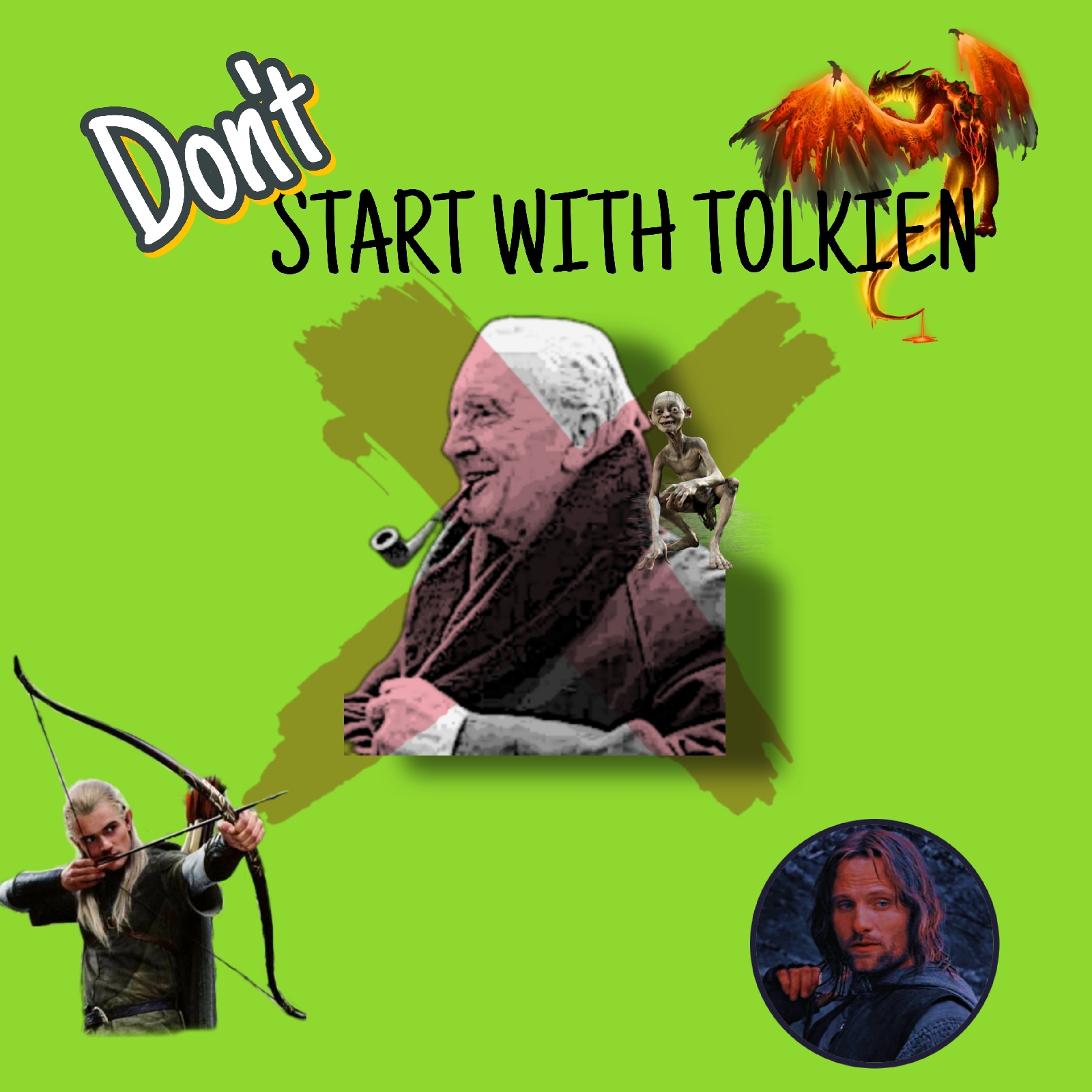The Children of Gods & Fighting Men by Shauna Lawless
Good Morning
This is one of those books that I have had ordered for ages and when I was asked if I wanted to join the tour for Shauna Lawless’s publishing debut, I jumped at the chance.
Now let’s get one thing out of the way, I know not very much about Irish history, some, but not much, and most of it to do with later centuries. I know even less about Irish Mythology. Again, I know some, but not much, so learning about these two things was a bit of a delight for me. I do like a bit of history stuff and this one certainly got my brain ticking over.
Book Description
The first in a gripping new historical fantasy series that intertwines Irish mythology with real-life history,
The Children of Gods and Fighting Menis the thrilling debut novel by Shauna Lawless.
They think they've killed the last of us...
981 AD. The Viking King of Dublin is dead. His young widow, Gormflaith, has ambitions for her son –and herself –but Ireland is a dangerous place and kings tend not to stay kings for long. Gormflaith also has a secret. She is one of the Fomorians, an immortal race who can do fire-magic. She has kept her powers hidden at all costs, for there are other immortals in this world –like the Tuatha Dé Danann, a race of warriors who are sworn to kill Fomorians.Fódla is one of the Tuatha Dé Danann with the gift of healing. Her kind dwell hidden in a fortress, forbidden to live amongst the mortals.
Fódla agrees to help her kin by going to spy on Brian Boru, a powerful man who aims to be High King of Ireland. She finds a land on the brink of war –a war she is desperate to stop. However, preventing the loss of mortal lives is not easy with Ireland in turmoil and the Fomorians now on the rise...
Now I would say if you want to know what the book is about, read the description, but the description only gives you part of what is going on in this book.
As you can tell the story is one that revolves around two women in Early Middle Age Ireland. One is a Fomorian, the other is from the dwindling Tuatha de Danaan. In amongst that there are Vikings, early Christians and a shed load of political and military wrangling.
The Children of Gods tells the story of Early Middle Age Ireland through the eyes of two women, Gormflaith (The Fomorian, who is imbued with the mystical fires of her near extinct race) and Fodla ( From the Tuatha de Danaan, who happens to be a healer). And both are on very different sides of the coin.
We start the book with the death of Gormflaith’s husband, Amlav and we soon realise that instead of mourning the passing of her husband, Gormflaith is in fact celebrating the loss. Fodla on the other hand comes across the fact that her sister, who is hiding in a monastery is under attack, from the son of Gormflaith, Sitirc and that she is pregnant to a human, which is a big no – no in Tuatha de Danaan society and Fodla ends up looking after her child whilst her sister is banished.
The story is then told form the corresponding views of both the women. Gormflaith is trying to put her son, Sitric on the throne, whilst Fodla, is sent to spy on King Brian in order to determine if the peace treaty that King Brian is brokering will be viable.
As this is history, there is a large cast of characters and thanks goodness for the Dramatis personae at the front, which was in constant use, not only to give me pointers of the correct pronunciation of names, but who they were.
Now one of the things that I enjoyed about this book is the fact that whilst there is the presence of historical events, the main focus are the characters rather than the events. And what characters they are.
Gormflaith is a force of nature, constantly plotting and scheming and quite interestingly turning into her mother. As I said, when we first meet Gormflaith, she is not mourning the death of her husband, and when it comes to the funeral, her mother makes an appearance to give her some advice. In that scene, we get the impression that Gormflaith hates that she is being manipulated and used, and we relaise that this is a key to sending Gormflaith on the path that she chooses. On top of that Gormflaith can be a complete horrible git. She is like that popular kid at school that is thoroughly odious. Yes, I accept that she's strong and she is a product of her upbringing, but she delights in being nasty to everyone that she comes across. And if you have read it, and you think I might be being a bit unfair to her, there is a scene which describes how she delighted in making Amlavs kids squeal and cry and how she loved to inflict pain on them. I loved it when she gets a dressing down from Olaf. I was dying to laugh!
However, you'd think that Shauna Lawless would characterise Fodla as
being the polar opposite, but she is just as flawed in her own way.
Fodla at times comes across as being easily taken advantage of, but
in other ways quite stoic.At times she is naive in her perspectives, continually believing that the people that she has been sent to spy on are wicked and amoral. However, as she gets to know them she sees that there is another side to people and eventually she learn to challenge her views.
Not only that, you see that the two opposing sides of the Fomorians and and the Tuatha de Danaan and the fact that they are in actuality opposing sides of the same coin. Both are equally manipulative, both have no regard for the lives they interfere and destroy, and it is not long that Fodla realises that she is just as much a pawn as we see that Gormflaith is.
The Children of Gods and Fighting men is an impressive piece of historical fiction that is accentuated by its tinge of fantasy. It's a book filed with memorable characters and political wrangling equal to that of Game of Thrones.
About the Author
Shauna
Lawless is an avid reader of Irish mythology and folklore. As an
Irish woman, she loves that Irish mythology has inspired so many
stories over the years, however, she wanted to explore the history
and mythology of Ireland in a more authentic way. She lives in
Northern Ireland with her family.
shaunalawless.com
Follow Ad Astra
Twitter: @AdAstraFiction
Instagram: @headofzeus
Facebook: Head of Zeus Books
Website: https://headofzeus.com/home





.jpg)


Comments
Post a Comment